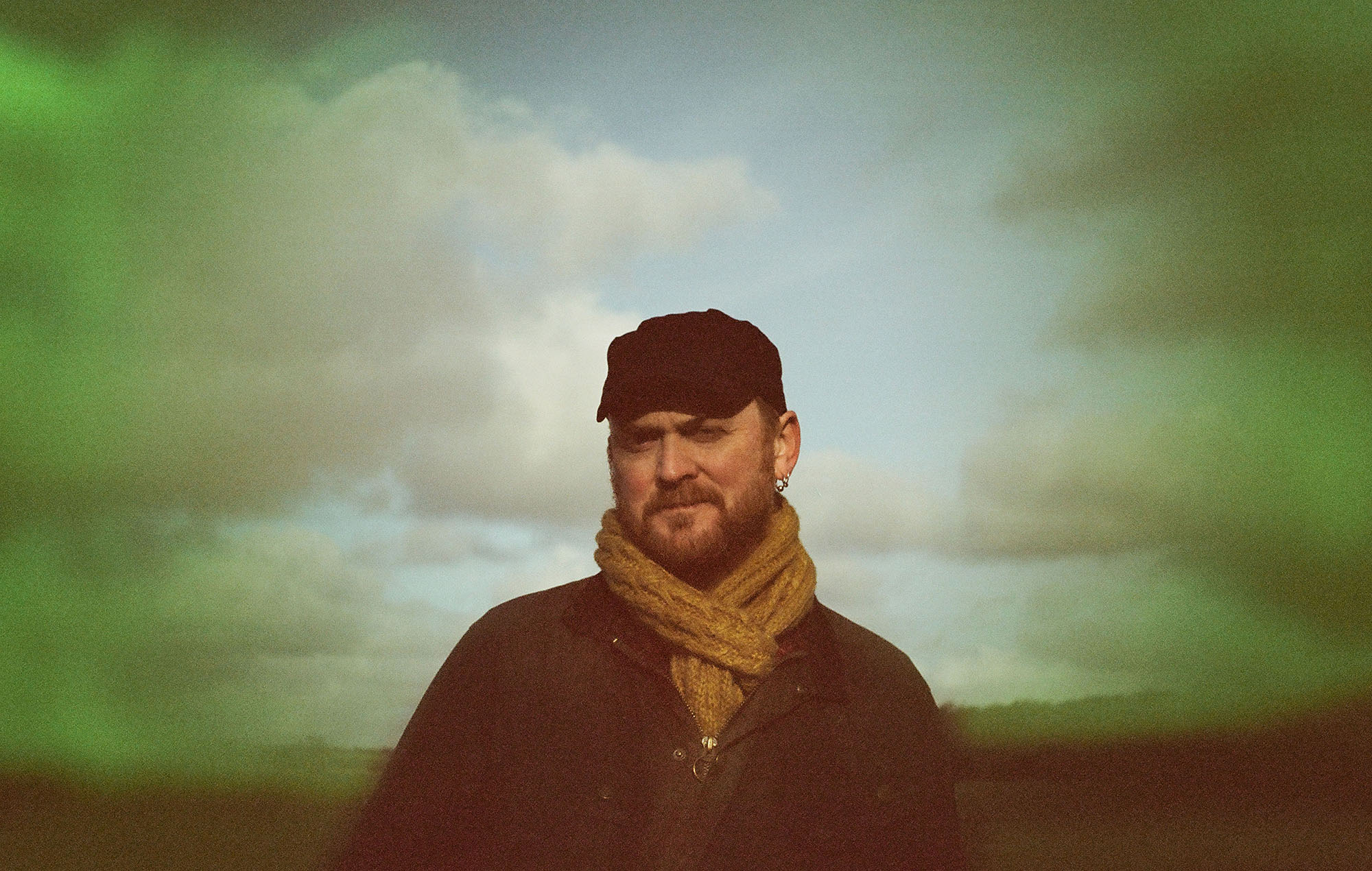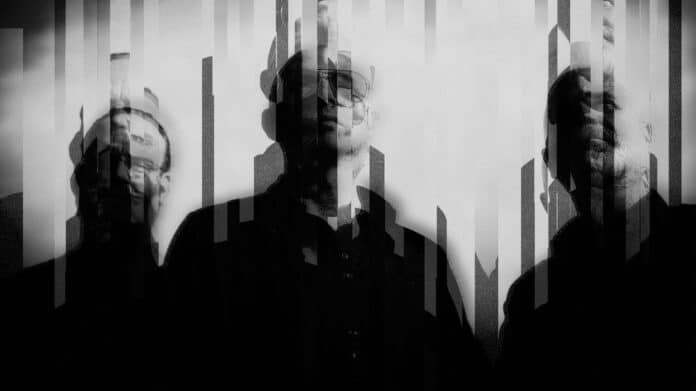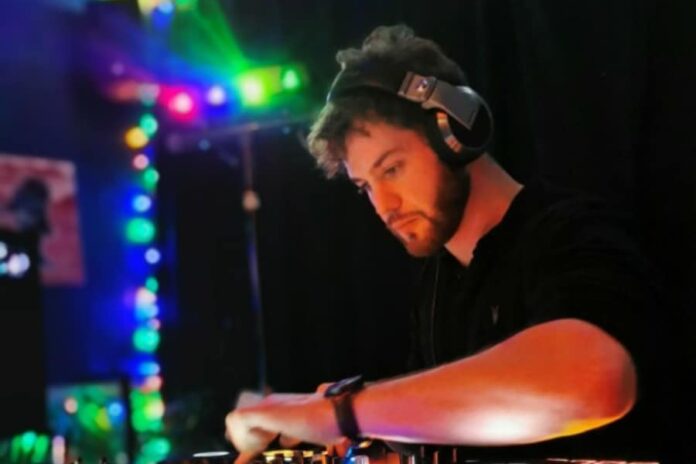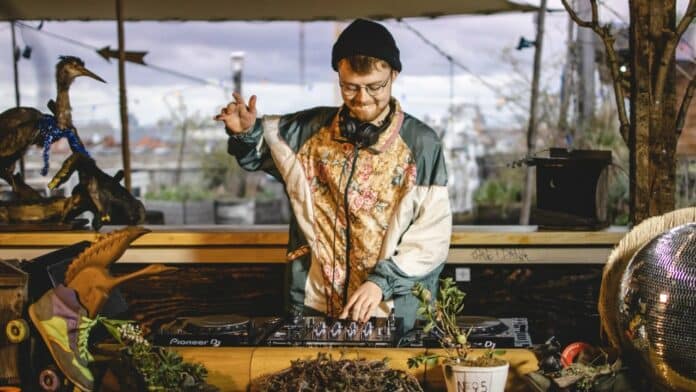
James Yorkston on his new novel ‘The Book Of The Gaels’
At some point in the 1960s, the Scottish musician and writer James Yorkston’s father won a dilapidated cottage in rural West Cork, Ireland, in a game of poker. “That’s the story he tells when he’s had a few drams, at least,” he laughs.
However it came into their hands, the family made good use of the cottage. Yorkston spent every summer holiday there from childhood until he turned 30. As he got older, much of his travelling was done on tour, and holidays were spent elsewhere (“It’s lovely down here, but have you ever been anywhere warm?” he recalls his girlfriend asking) but he kept returning when he could. “I still love the little sandy coves, I love going on long walks and rediscovering the shrines and things that we used to see as children.”
It is because of his ties to the area that West Cork is also at the core of The Book Of The Gaels, his second novel following 2016’s Three Caws. Set in 1975, it follows Scottish-born poet Fraser McLeod and his children Joseph and Paul, who live in rural Creagh, based heavily on the world of Yorkston’s childhood holidays. “There’s no way I would have set a book there if I hadn’t had that experience, or that love for the place. I’m very fond of it as an area, so visiting there in a creative fashion is mostly always pleasurable.”
‘Pleasurable’ does not describe the experiences of the McLeods, however. Although charmingly told through the narration of 10-year-old Joseph, the book is frequently extremely bleak. The boys’ mother Sinead is dead, and they live in poverty as their father struggles to make ends meet through his writing. When a publisher 200 miles away in Dublin offers a sniff of interest in the poems, they slowly smuggle and hitchhike their way northwards to the capital, Fraser’s vague hope of artistic success causing him to force his family through hunger, dereliction and exhaustion.
Their experiences are a world away from the warm sentimentality with which Yorkston recalls his own days in Ireland. For the two McLeod boys, their main excitements in life are opportunities to steal a bit of bread or soup to stave off hunger. At their childhood home, the nearby lough is not a picturesque natural beauty, but a stagnant pool that brings swarms of flies to be killed for entertainment. Fraser is, at best, a functioning alcoholic, gruff, standoffish, and consumed by grief for his late wife.

“They’re not exactly going through the happiest days of their lives,” Yorkston acknowledges. “Fraser especially, he’s a completely lost character.” It was not conscious, he says, to provide such a disconnect between the West Cork of his childhood with the West Cork of his fiction. “I try to put myself in a pace creatively where I can let things flood out naturally,” he says. “It’s not that I didn’t put a lot of thought into the plot, but I didn’t think about stuff like ‘let’s put these lovely kids in an awkward situation to create some kind of juxtaposition.”
Nevertheless, there are plenty more potential links to be drawn between The Book Of The Gaels and Yorkston himself. Although he is nothing like Fraser McLeod – he’s a successful enough creative to make “an almost comfortable living,” for a start – the protagonist’s moral dilemma is one that he can relate to: just how much should you sacrifice for your art? In Fraser’s case, his art sometimes requires his young children to go hungry. “Maybe that’s me writing about my own guilt for not getting a proper job,” Yorkston ponders. “Although I should add that my kids are fed and watered!
“I guess all artists have that dilemma,” he continues. “It was only when I gave up doing music when I was 28, studied to get into university for the first time and entered the job market, that I got lucky. It was within those two years that I happened to write the music that got people vaguely interested in me and managed to sign to Domino. I’ve been at that point where you think ‘time to get a job at Scottish Widows.’ There’s nothing wrong with that, but as an artist it’s not what you aim for in life.”
For all Fraser’s woes as an introspective poet, he has more success when he gives up and starts singing instead. At one point, when the family fall on particularly hard times, he makes more money busking on the street than he ever has with his poems. When he starts belting out folk songs to ingratiate himself with fellow drinkers as he props up bars across Ireland, he receives the human connection he lacks elsewhere. Yorkston has him sing folk standards, he says, “to show that he’s not just a completely self-obsessed idiot, it’s not just ‘here’s a song I wrote about how I’m perfectly sad.”
Yorkston also sees the presence of music in the book as a nod to Fraser’s late wife Sinead. “A lot of the wonderful life they had together was based around music, and it was when Sinead died that he retreated into poetry.” Fraser’s collection of poetry, also titled The Book Of The Gaels, appears throughout the novel and often longs for what he’s lost: “Oh! What a life we had, us two young Gaels / There were diamonds in the rough of the roads, those nights.” one poem reads. “For someone who’s dead, Sinead plays a huge part,” Yorkston says. “And when Fraser’s singing, it opens up a glimpse of what his world was like when she was there.”
In a further link between The Book Of The Gaels and song, Yorkston has also set twenty of the poems to music of his own – sparse and beautiful home-recorded piano pieces, with Yorkston’s voice close and direct. He likens them to a mixture of the recordings of the poet Ivor Cutler, and Lou Reed and John Cale’s memorial for Andy Warhol Songs For Drella.
Its in the recordings that the romance of the poems comes across most starkly, as well as the fact that despite the bleakness of the situation the McLeods find themselves in in The Book Of The Gaels, beneath the surface there are still intense depths of feeling. The further the family physically get from their run-down old home, the more it increases in stature for them as a place that has in fact brought them a semblance of stability.
Yorkston’s father’s is now too old to easily visit the old cottage on which it was based, and the family sold it just two years ago. “It’s a shame, but then that’s life,” he says matter-of-factly. Just before lockdown, however, Yorkston went back one last time to say goodbye. “I remember as a kid thinking it was haunted and not sleeping well at all, but this last time I went down, it was like the ghost was welcoming me. I was receiving a great big hug from the spirits of the house.”
James Yorkston’s The Book of the Gaels is out now





